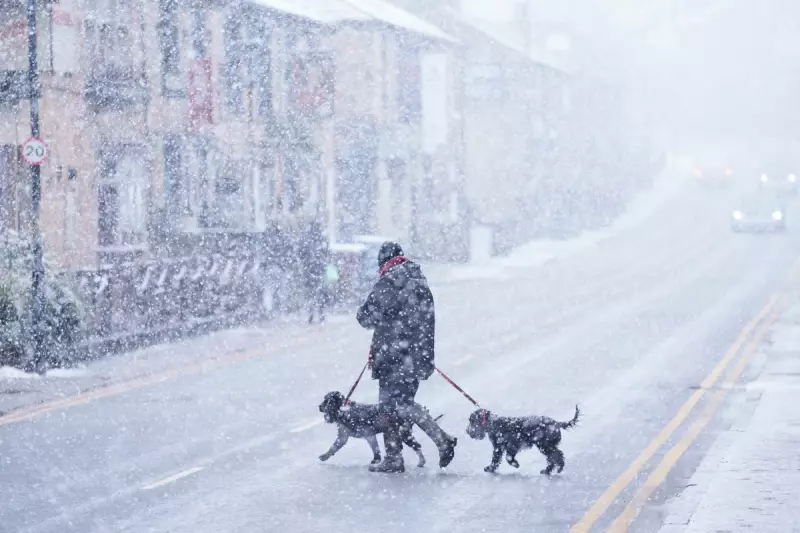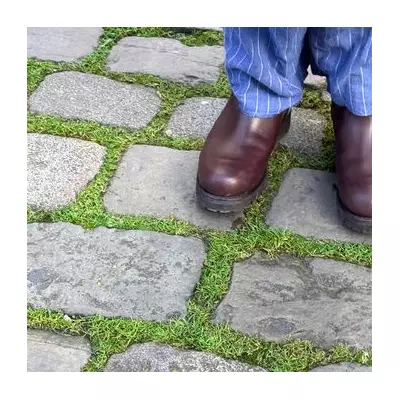
As a sharp temperature drop sweeps across the United Kingdom, pet owners are questioning how to best safeguard their canine companions from the winter chill. With forecasts predicting continued cold weather, understanding how to properly prepare our pets has never been more critical.
Paw Care and Warmth Are Paramount
Your dog's paws are exceptionally sensitive to freezing conditions and require diligent attention. Charlie Soames, a pet expert and head of UK operations at Pets4Homes, advises owners to regularly check for sore patches, cracks, or cuts. "If you do notice any of these, use a moisturiser or dog paw balm to keep them healthy," Soames recommends. For ultimate protection, investing in dog boots can effectively shield paws from the cold ground and harmful substances.
Maintaining your dog's core body temperature is equally vital, particularly for smaller breeds. Robbie Bryant, head of education and development at Open Study College, suggests providing a warm, insulated bed raised off the ground and positioned away from draughty areas like doors. "Giving them extra blankets will also help them keep warm during the winter nights," Bryant adds.
Essential Winter Gear and Hazard Awareness
When you feel the need to put on a coat, your dog likely does too. "Some dogs have less body fat and are less hardy than others, so they will require extra help to keep warm," explains Soames. A canine coat is a simple yet valuable tool for ensuring your pet's comfort and safety during walks as the mercury drops.
Winter also introduces specific hazards that demand vigilance. Bryant warns that rock salt, commonly used on icy paths, can irritate a dog's paws and cause stomach upset if ingested. Furthermore, antifreeze, while useful for defrosting cars, is dangerously appealing and highly toxic to pets. Always ensure these substances are stored securely out of reach.
If snowfall occurs, Bryant proposes a practical solution for your garden: "Consider shovelling a patch of grass so your dog can go to the toilet comfortably and not get too cold."
Diet, Activity, and Visibility in the Dark
Nutrition and exercise require careful balancing during the colder months. Soames cautions against overfeeding, noting that reduced outdoor activity can easily lead to weight gain. Meanwhile, if your dog is reluctant to brave the cold, Bryant suggests keeping them active indoors with toys and games like fetch to prevent boredom.
With shorter, darker days, ensuring your dog's visibility is a key safety measure. "Attach a light to your dog’s collar so they can be seen when walking in the night time or early mornings," advises Bryant. He also stresses the importance of a reliable recall to prevent your dog from getting lost during winter walks.
By following this expert guidance, you can ensure your four-legged friend remains safe, healthy, and happy throughout the UK's winter season.





